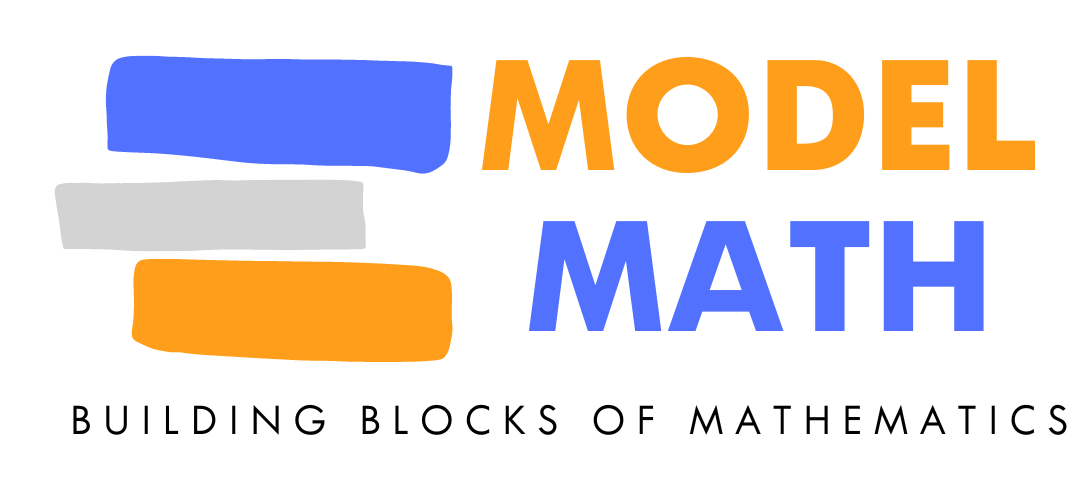
Is there such a thing as a natural talent for maths?
It is common to hear people claim “ I’m just not a math person ” or “ I’m just bad at math ”. But how true is this statement that has become almost a mantra for some people when they are faced with any form of mathematical problems that are remotely challenging. This defensive statement also contains a worrying subtext: Some people are just born with a natural ability for math while some are not, the speaker being the latter.
Fortunately, the aforementioned blanket statement is simply untrue. Firstly, looking at the micros coping level: genes. We can safely say that mathematical prowess is not genetically determined due to the fact that math, has not been around long enough to make an impact on our genetic code. As developmental psychologist Steven Pinker writes in How the Mind Works and I quote,
“On evolutionary grounds it would be surprising if children were mentally equipped for school mathematics. These tools were invented recently in history and only in a few cultures, too late and too local to stamp the human genome. The mothers of these inventions were the recording and trading of farming surpluses in the first agricultural civilisations.”
That being said, mathematical prowess may not be genetic, however, general intelligence is. this means that we all come pre-equipped with some form of mathematics intuition. For example, young children can split snacks to share and all cultures have words for numbers. These achievements are accomplished without any form go formal schooling, meaning that they are genetic advantages we evolved to develop. General intelligence is influenced by both genetic and environmental factors. Genetical intelligence, which is the closest thing to ‘natural talent’, will help with acquiring math skills. However, environmental factors arguably is the biggest precursor to a child’s strength and attitude toward mathematics in the future.

The endless cycle
As mentioned above, environmental factors play a big role. The way a child is brought up can change the outcome of their attitude towards mathematics.
For example:
Some children are brought up in a home where their parents introduce them to mathematics at a young age, others however, are only first introduced to math when they attend kindergarten or school. The children who are prepared do better than the unprepared ones, as they are already familiar with the topics being taught.
Overtime, as results from tests and homework stack up, the prepared students will recognise their successes. They then see themselves as a “math person”, take pride in what they have achieved, study harder and push themselves to maintain their high scores.
On the other hand, the unprepared students, unaware that the prepared children had a head start, start seeing themselves as someone who isn’t born a “math person”. Their disappointing results cause them to get frustrated and create a dislike for the subject. This results in them believing that they will not achieve successful results due to a genetic disadvantage, ultimately, not pushing themselves to achieve their best.

This creates an endless cycle where those who believe they are not “math people”, neglect mathematics to the point where it becomes un-rectifiable. The truth is, the only thing holding anyone back from mathematical prowess and success, is attitude and practice.
In next weeks article, we will discuss how practice and attitude are the two biggest factors in succeeding in mathematics, finally putting an end to the myth, “I’m just not a math person”.
References:
www.bigthink.com
#tuition #mathtrick #psle #pslemath #assumption #MatrixMath #MathTuition #mathtuition #youngmathspecialist #Mathspecialist




